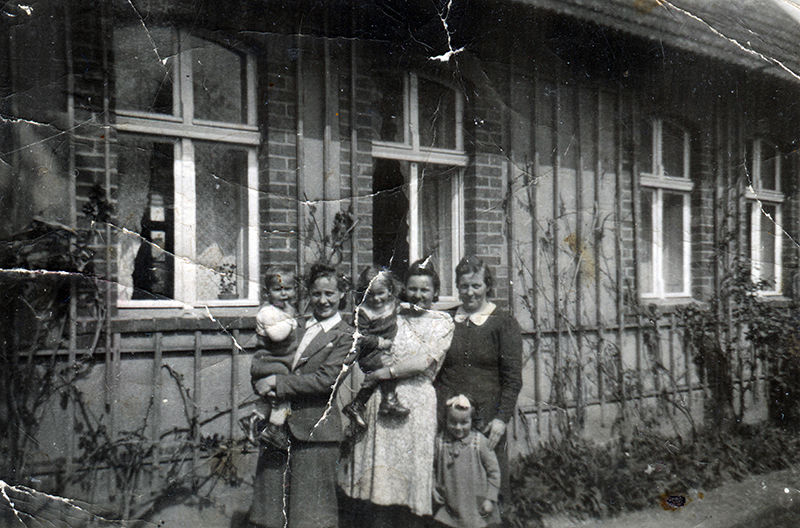Sometimes nothing is as helpful as a good metaphor.
In his book “The God Instinct” Tom Stella shares this story: A number of men who made their living as porters were hired one day to carry a huge load of supplies for a group on safari.
Their loads were unusually heavy and the trek through the jungle was on a rough path. Several days into the journey they stopped, unshouldered their loads and refused to go on. No pleas, bribes, or threats, worked in terms of persuading them to go on. Asked why they couldn’t continue, they answered: “We can’t go on; we have to wait for our souls to catch up with us.”
That happens to us too in life, except mostly we never wait for our souls to catch up. We continue on without them, sometimes for years.
What’s meant by this? Mostly it means that we struggle to be in the present moment, to be inside our own skins, to be aware of the richness of our own experience. Mostly our experiences aren’t very soulful because we aren’t very present to them.
For example, for the past 20 years I’ve kept a journal, a diary of sorts. My intent in keeping this journal is to record the deeper things that I’m aware throughout each day; but mostly what I end up actually writing down is a simple chronology of my day, a daybook, a bare, no-frills, recounting of what I did from hour to hour.
My diaries don’t much resemble Anne Frank’s diary, Dag Hammarskjold’s “Markings,” Etty Hillesum’s “An Interrupted Life,” or Henri Nouwen’s “Genesee Diary.” My journals resemble more what you might get from a schoolboy describing his day at school, a simple chronology of what happened.
Yet when I go back and read an account of what I did each day, I’m always amazed by how rich and full life was on those days, except that I wasn’t much aware of it at the time.
While actually living through those days, mostly I was struggling to get my work done, to stay healthy, to meet expectations, to carve out some moments of friendship and recreation amidst the pressures of the day, and to get to bed at a reasonable hour. There wasn’t a lot of soul there, just a lot of routine, work and hurry.
I suspect that this is not atypical. Most of us, I suspect, live most of our days not very aware of how rich our lives are, forever leaving our souls behind. For example, many is the woman who gives 10 to 15 years of her life to bearing and raising children, with all that entails, tending constantly to someone else’s needs, getting up at night to nurse a child, spending 24 hours a day on constant alert, sacrificing all leisure time, and putting a career and personal creativity on hold.
And yet too often that same woman, later on, looks back on those years and wishes she could relive them — but, now, in a more soulful way, more deliberately aware of how wonderful and privileged it is to do precisely those things she did with so much drama and tiredness.
Years later, looking back, she sees how rich and precious her experience was and how, because of the burden and stress, how little her soul was present then to what she was actually undergoing.
This can be multiplied with a thousand examples. We’ve all read accounts wherein someone shares what he or she would do differently if he or she had life to live over again.
Mostly these stories rework the same motif: Given another chance, I would try to enjoy it more the next time, that is, I would try to keep my soul more present and more aware.
For most of us, I fear, our souls will only catch up with us when, finally, we are in a retirement home, with diminished health, energy and opportunity to work. It seems we need to first lose something before we fully appreciate it.
We tend to take life, health, energy and work for granted, until they are taken away from us. Only after the fact do we realize how rich our life has been and how little of those riches we drank in at the time.
Our souls eventually do catch up with us, but it would be good if we didn’t wait until we were in the retirement home for this to happen. Like the porters who dropped their loads and stopped, we need regularly to stop and wait for our souls to catch up.
Early on in his priesthood, when Pope Francis was in charge of a school, he would at a certain point each day have the public address system cut in and interrupt the work that was going on in each classroom with this announcement: Be grateful. Set your horizon. Take stock of your day.
We all need, regularly, to lay down our burdens for a minute so our souls can catch up with us.
Oblate of Mary Immaculate Father Ronald Rolheiser is a specialist in the field of spirituality and systematic theology. His website is www.ronrolheiser.com.

